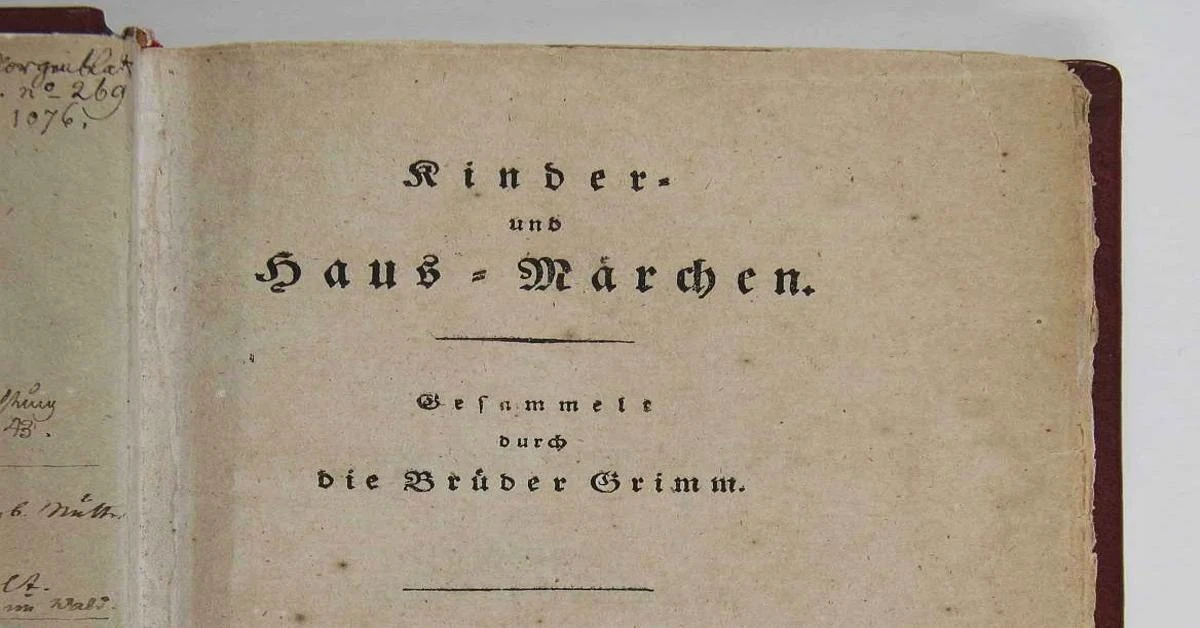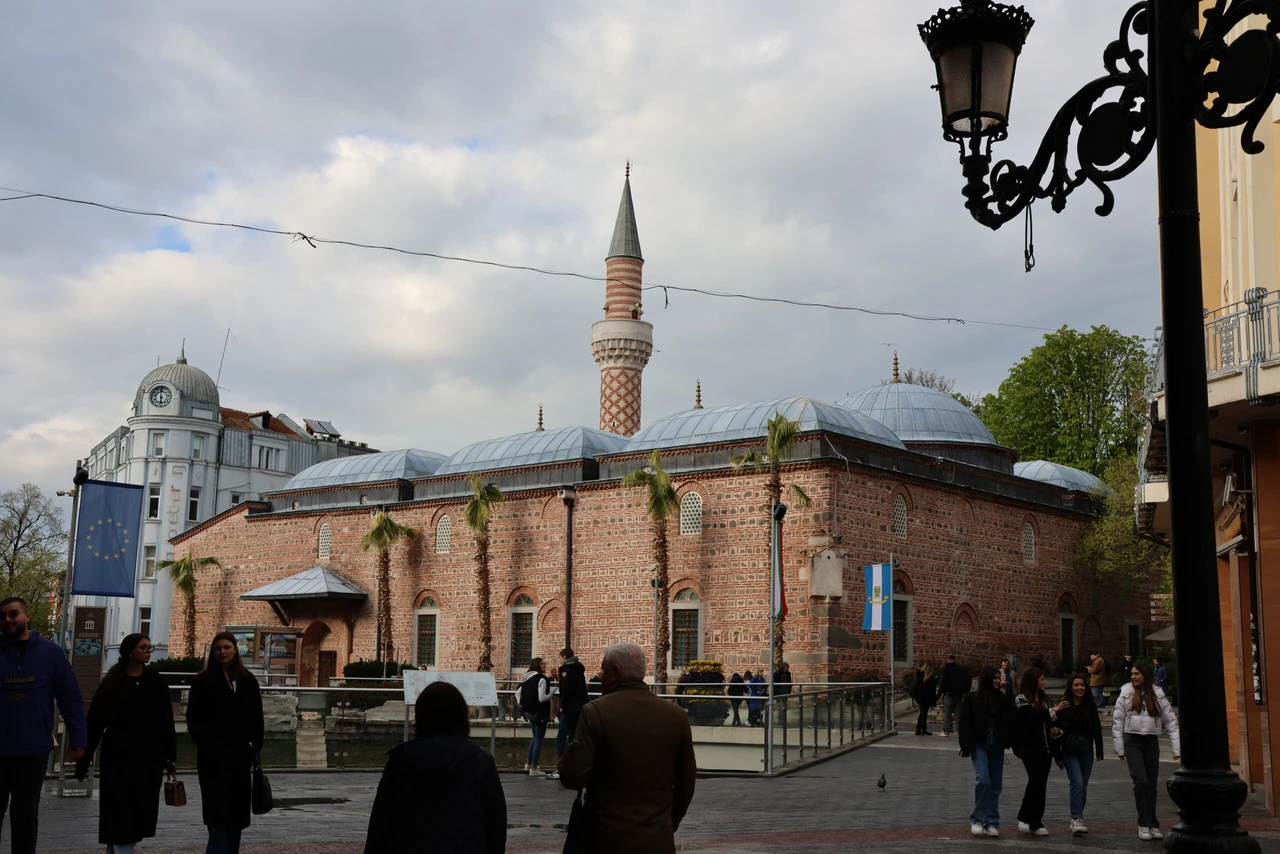27 long-lost Brothers Grimm volumes found in Poland

Researchers at Adam Mickiewicz University in Poznan have unearthed 27 original volumes from the Brothers Grimm which could offer new insights into the thematic choices of the famous storytellers
Researchers at Adam Mickiewicz University in Poznan, Poland, have discovered 27 original volumes from the private library of the Brothers Grimm.
This remarkable find revisits the legacy of Jacob and Wilhelm Grimm, renowned German scholars and storytellers, and could potentially transform the understanding of their work in folklore and linguistics.
The long-lost volumes were believed to have disappeared during the chaos of World War II. However, they recently surfaced in the University Library’s extensive collection, which had preserved them among other relocated library assets. These books are a bibliophilic treasure trove, filled with rare prints and unique editions enriched with annotations and handwritten notes by the brothers themselves.
Experts believe these notes could shed light on how the Grimms selected themes and motifs for their stories, such as “Hansel and Gretel” and “Rumpelstiltskin.” Researchers said, “The volumes found in the University Library were long thought to have been lost during WWII. They hold significant value in their contribution to the development of modern research on the Brothers’ literary and scientific output.”
The discovery resulted from a meticulous six-month analysis of each book, led by Professor Eliza Pieciul-Karminska and Renata Wilgosiewicz-Skutecka from the Faculty of Modern Languages and the University Library, respectively.
Their findings may not only expand current research into the Grimms’ famed fairy tale collection but also offer new narratives and insights into the authors’ extensive literary and philological endeavors.
In addition to their well-known fairy tales, the Grimms devoted much of their scholarly life to the study of Germanic philology, amassing over 8,000 volumes, which they extensively annotated. This practice provided invaluable insights into their research methodologies and their profound impact on the study of folklore and linguistics.
Source: Newsroom



